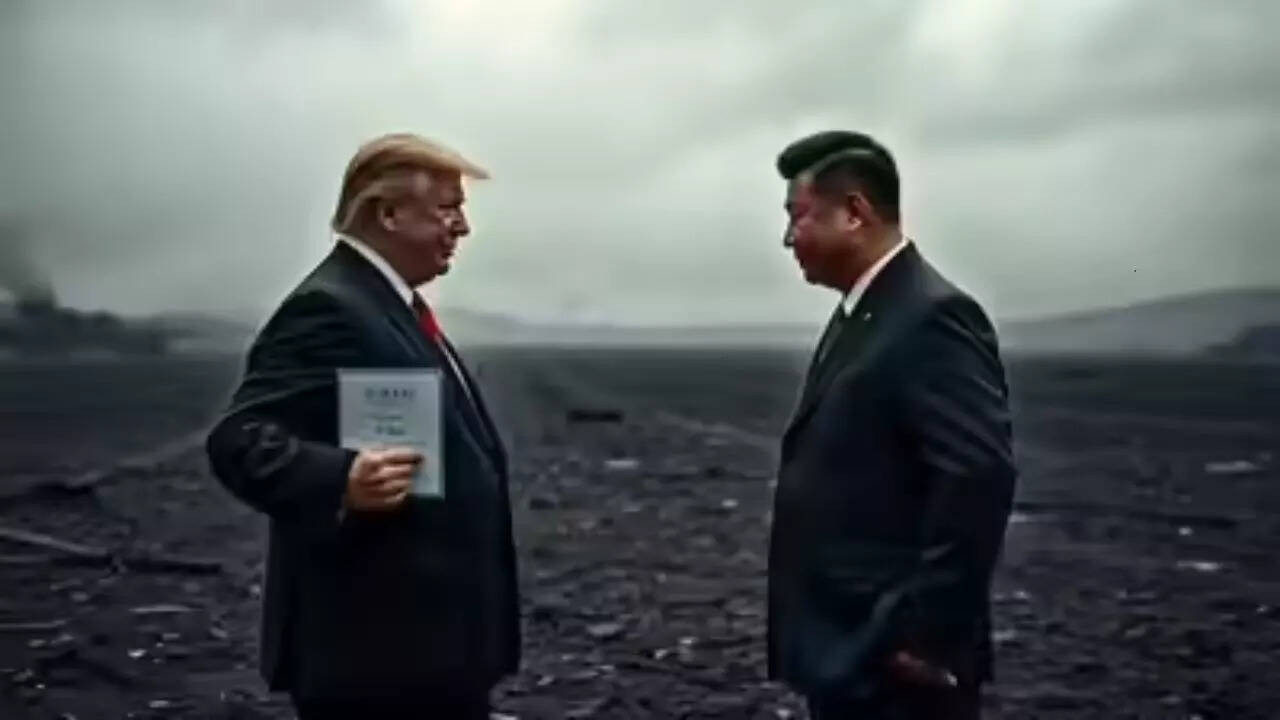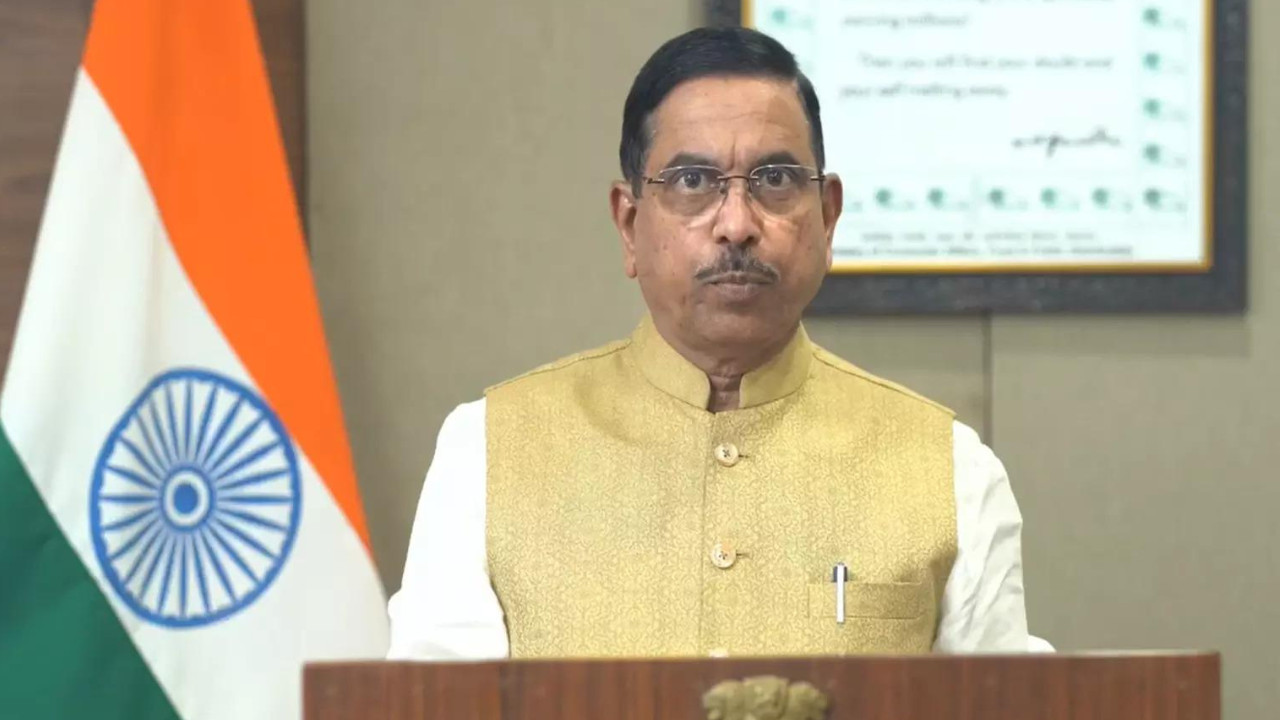US Treasury Secretary Scott Bessent accused China of “provocative” economic moves after Beijing tightened rare earth mineral export controls. He stated the US and allies will respond collectively to China’s “weaponization” of its dominance in these vital materials, asserting sovereignty and de-risking supply chains.
The World Needs Rare Earths. Can India Answer the Call?
The hum of smartphones, the silent whir of electric car engines, the precision of guided missiles – these all share a common, often unseen ingredient: rare earth elements. These aren’t actually rare in the sense of non-existent, but their geographically concentrated deposits and the complex processes needed to refine them make them strategically vital. And right now, China overwhelmingly controls the supply chain.
But that might be about to change, and India could be a key player in disrupting that dominance.
Rare Earths: Why the Fuss?
These 17 metallic elements, tucked away on the periodic table, possess unique magnetic, catalytic, and luminescent properties. They are indispensable components in countless high-tech applications. Beyond consumer electronics and EVs, rare earths are crucial for renewable energy technologies like wind turbines, defense systems, medical imaging, and a plethora of industrial processes. Think of them as the unsung heroes of the modern world – powering innovation from behind the scenes.
China’s control of the rare earth market has become a source of concern for many countries, particularly the United States. The US relies heavily on China for its rare earth needs, creating a vulnerability that has become increasingly apparent in recent years. This dependence poses economic and national security risks, prompting a global scramble to diversify the supply chain.
The US Courts India: A Strategic Partnership
Recognizing this vulnerability, the United States is actively seeking to build partnerships with allies to secure alternative sources of rare earths. India, with its own untapped reserves and growing technological prowess, is emerging as a crucial partner in this endeavor.
Recently, US officials have explicitly named India as a key ally in the effort to counter China’s dominance in the rare earth sector. The discussions have been intense, with the US seeking India’s support in developing a more resilient and geographically diverse supply chain. This isn’t just about economics; it’s about strategic autonomy and ensuring access to critical resources in an increasingly uncertain geopolitical landscape.
India’s Potential: Unlocking a Rare Earth Future
India possesses significant, although largely unexploited, rare earth reserves. The challenge lies in developing the necessary infrastructure and expertise to extract and process these resources efficiently and sustainably. This requires substantial investment, technological innovation, and streamlined regulatory processes.

Several Indian companies are already making strides in this area, exploring new extraction techniques and developing refining capabilities. Government initiatives aimed at promoting domestic rare earth production are also gaining momentum. The ambition is to create a vertically integrated rare earth industry, encompassing everything from mining to manufacturing finished products.
Challenges and Opportunities
However, the path to becoming a major rare earth player is not without its obstacles. Environmental concerns surrounding rare earth mining and processing are significant and must be addressed responsibly. Sustainable mining practices, efficient waste management, and robust environmental regulations are crucial to ensure that India’s rare earth industry develops in an environmentally sound manner.
Moreover, India needs to attract foreign investment and forge strategic partnerships with leading international players to access advanced technologies and expertise. Collaborations in research and development will be essential to enhance India’s competitiveness in the global rare earth market.
Despite these challenges, the opportunities are immense. A thriving rare earth industry could not only boost India’s economy but also enhance its strategic importance on the world stage. It could create thousands of jobs, attract foreign investment, and position India as a leader in the development and application of critical technologies.
A Geopolitical Chessboard
The competition for rare earth resources is becoming an increasingly important aspect of great-power competition. As nations strive for technological leadership and economic security, access to these critical elements will become even more crucial. The US is proactively working to strengthen its strategic position, looking to key allies like India. Explore our piece on [the future of US-China trade relations](related_article_url) for further insights into the geopolitical dynamics at play.
India’s willingness and ability to step up and contribute to a more diversified and resilient rare earth supply chain will have significant implications for the global balance of power. By developing its own rare earth industry, India can not only secure its own economic future but also contribute to a more stable and secure world for everyone. The stage is set, and the world is watching to see if India can rise to the occasion and become a key player in the rare earth game.







